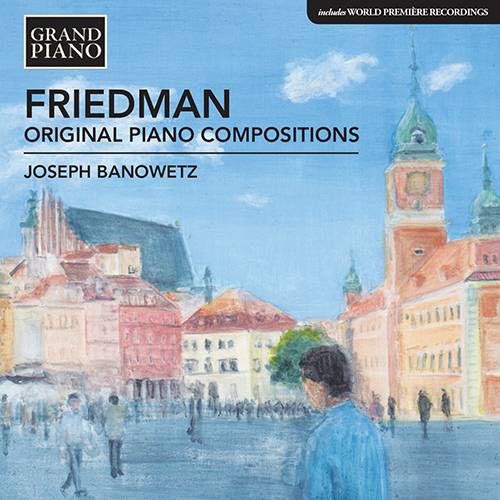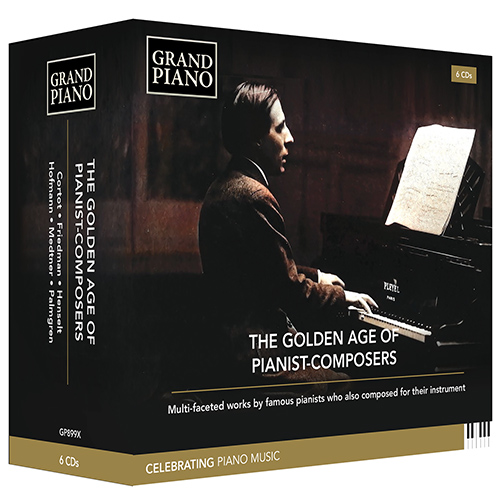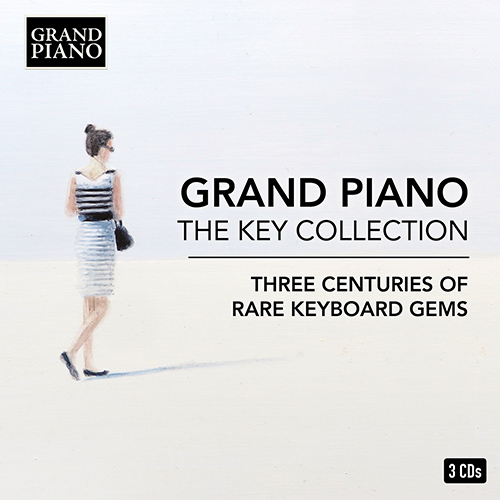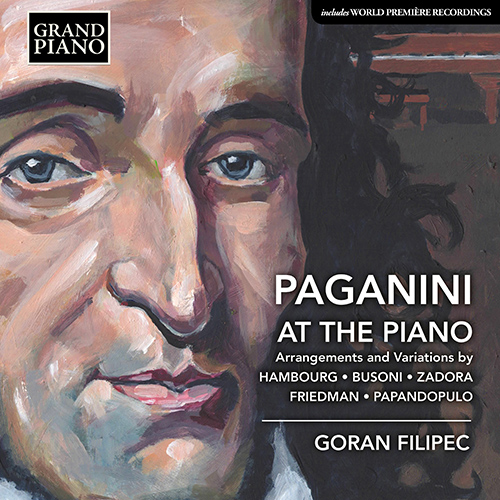
Ignaz Friedman (1882 - 1948)
It would be hard to find a pianist today who performed nearly 3,000 concerts and was able to maintain the parallel activities of composer, arranger, teacher, and editor. Ignaz Friedman—born just four years before Liszt’s demise—became the 20th-century expounder of Romantic pianism. Standing shoulder to shoulder with the leading virtuosi of the day, such as Josef Hofmann (1876–1957), Moriz Rosenthal (1862–1946), Leopold Godowsky (1870–1938), and Josef Lhévinne (1874–1944), he has been compared to Anton Rubinstein (1829–1894) in his phrasing. Friedman continues to be renowned for his remarkable interpretations of Chopin (1810–1849), whom he called “the real father” of Russian and Polish harmony.
Friedman’s compositions are largely miniatures even if grouped into sets. He is the master of the character piece. Writing in late German Romantic style, his compositions are often harmonically complex although tonal. Friedman does not employ the sensuality of a Scriabin or a Szymanowski but allows the beauty and poignancy of the melody to shine. Rhythms are traditional and within the genre depicted. Pianistically accessible, Friedman’s works demand technical and musical perfection.






 Grand Piano has gained a reputation for producing high quality recordings of rare keyboard gems. Dedicated to the exploration of undiscovered piano repertoire, the label specialises in complete cycles of piano works by many lesser-known composers, whose output might otherwise have remained unknown and unrecorded.
Grand Piano has gained a reputation for producing high quality recordings of rare keyboard gems. Dedicated to the exploration of undiscovered piano repertoire, the label specialises in complete cycles of piano works by many lesser-known composers, whose output might otherwise have remained unknown and unrecorded.






